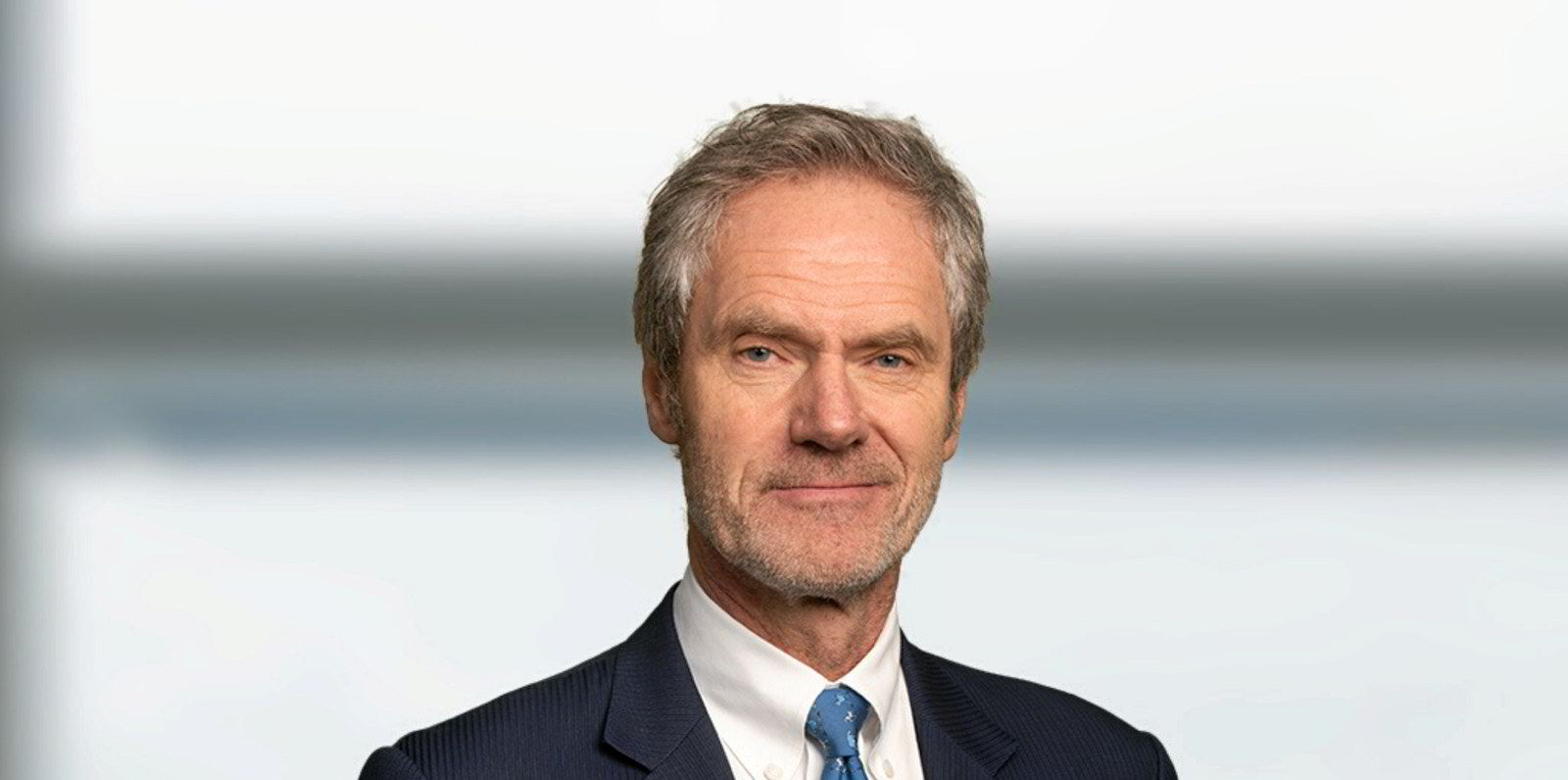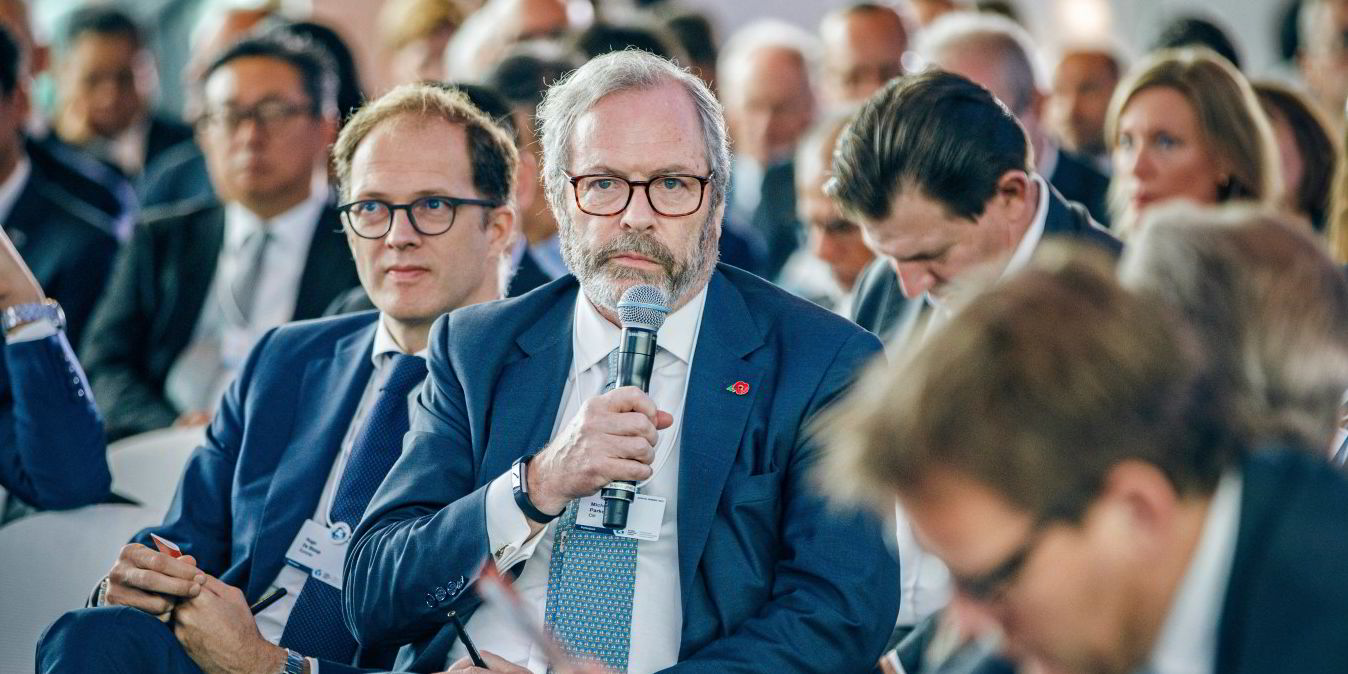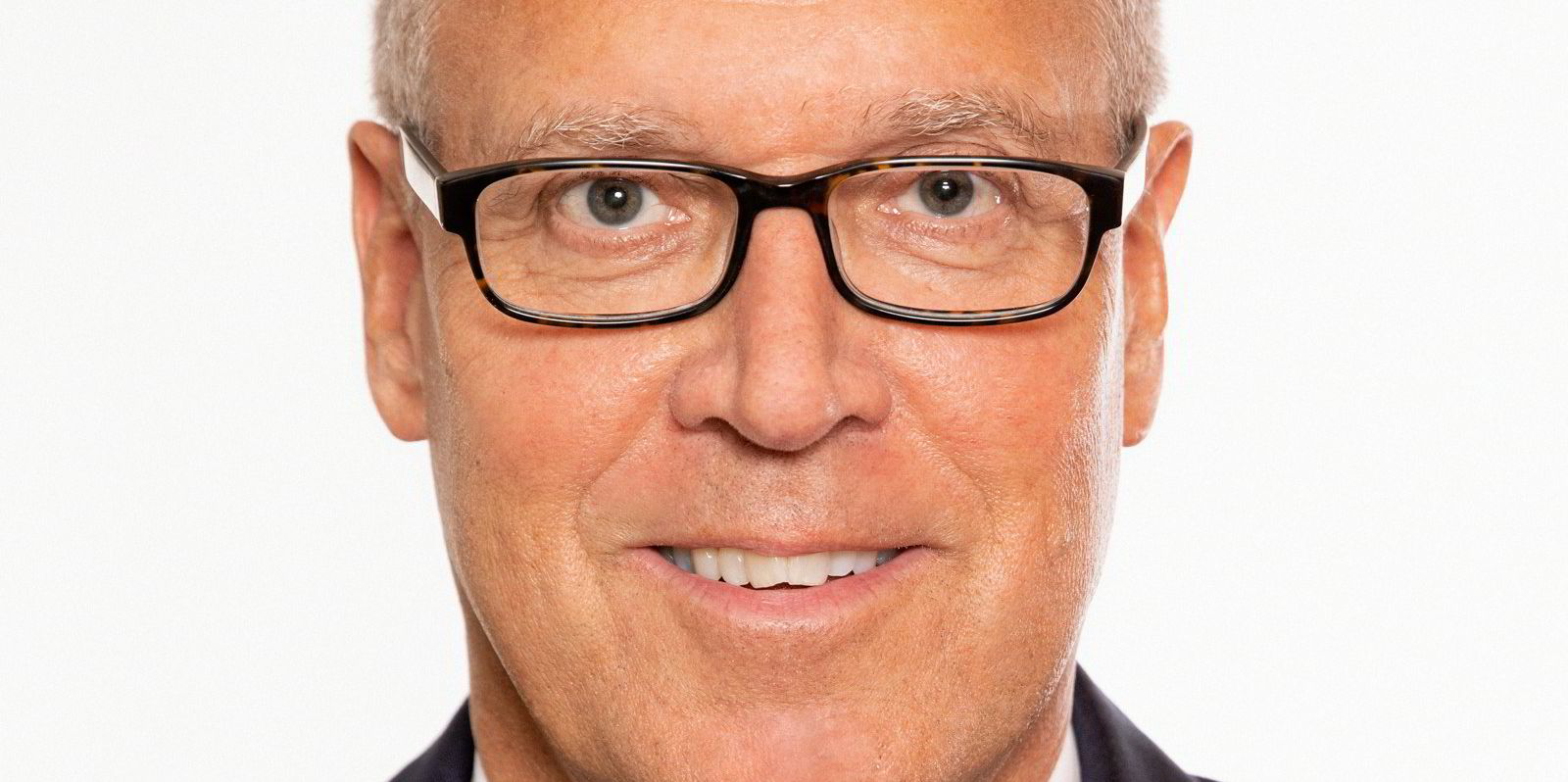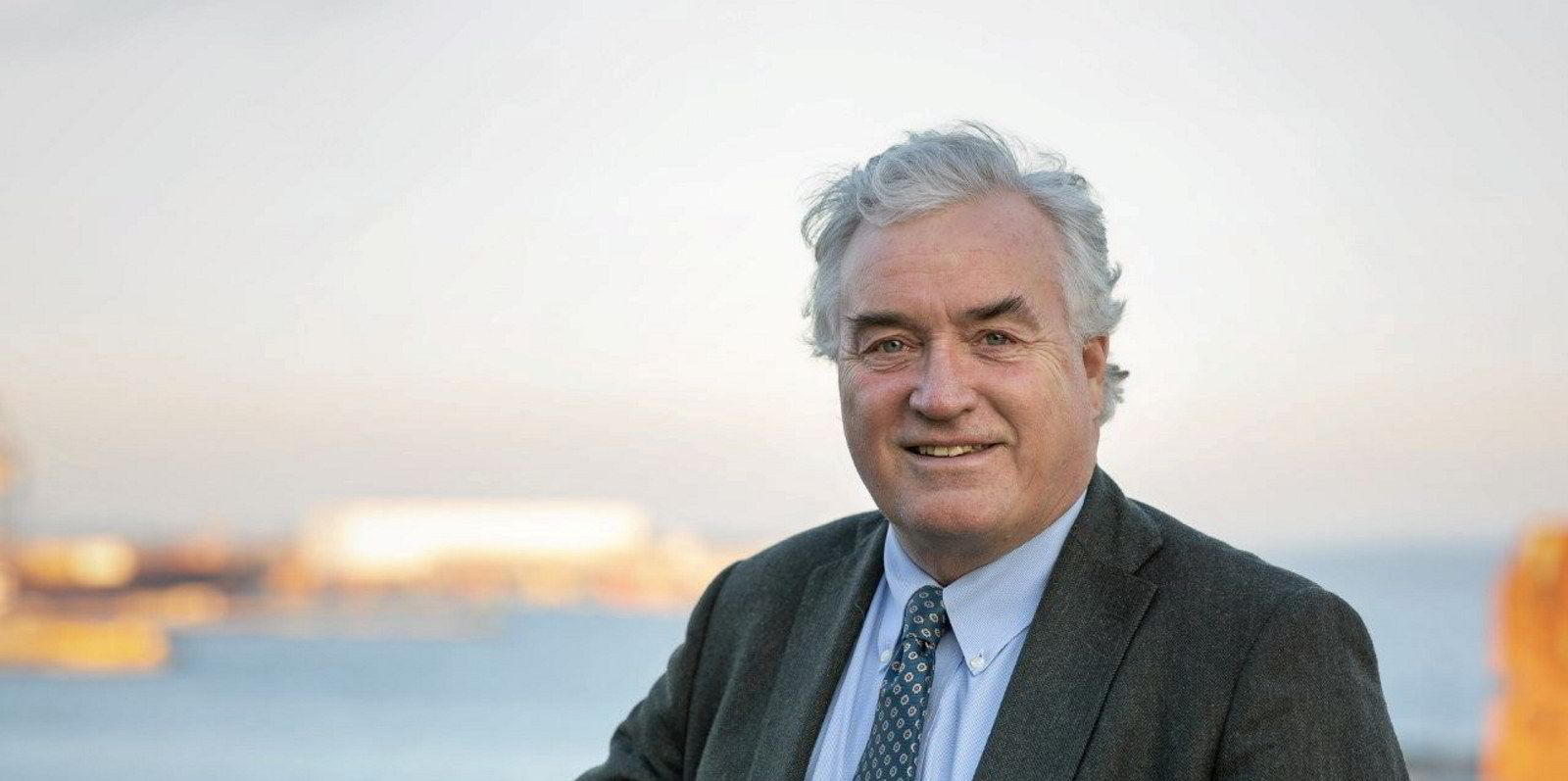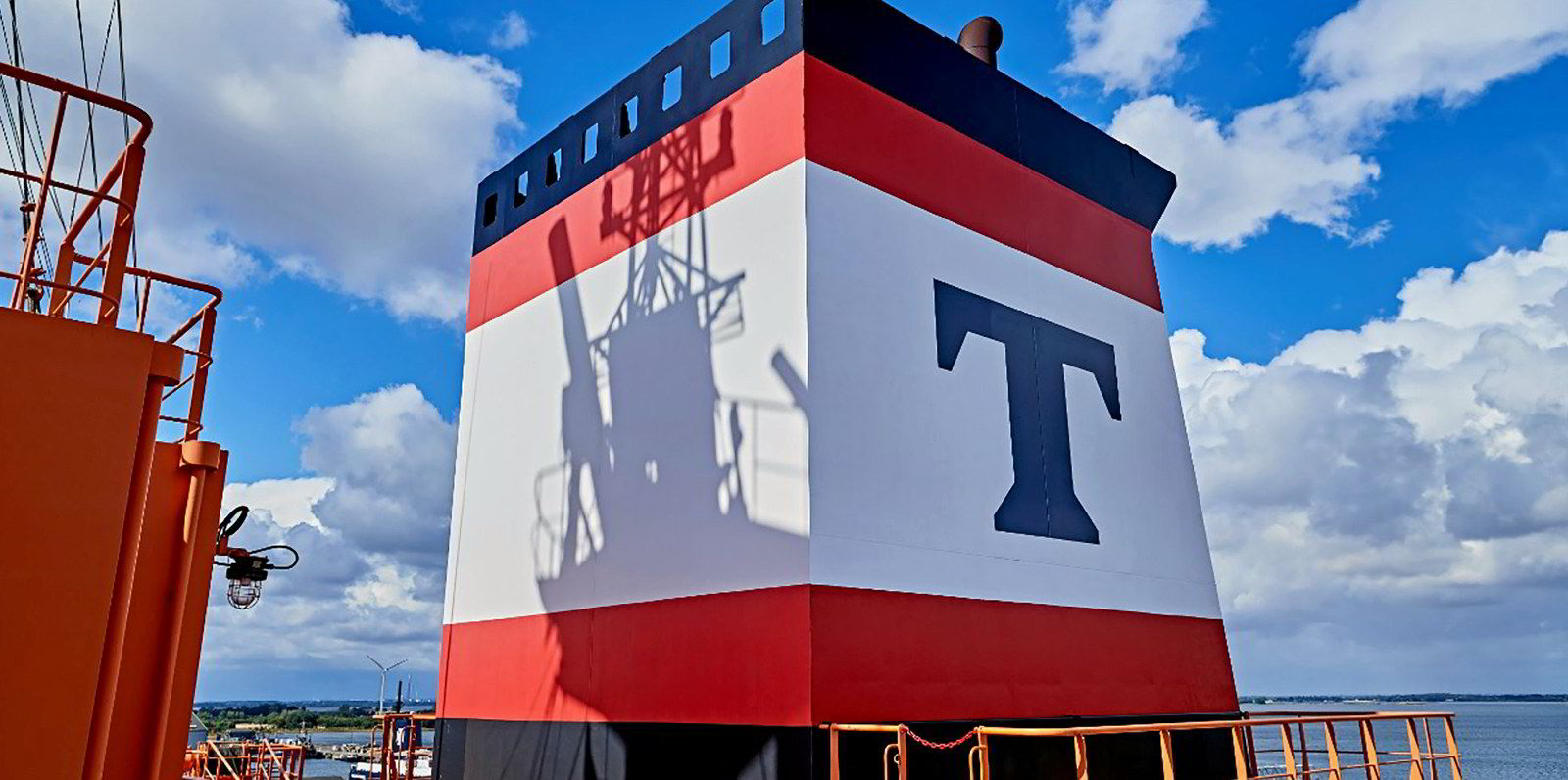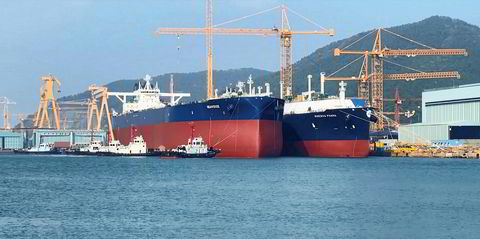With publication of the first annual disclosure report of Poseidon Principles lenders, prime mover Michael Parker is already looking towards more banking participation next year.
The Poseidon Principles Association (PPA) has revealed that three of 15 reporting banks are now in alignment with the International Maritime Organization's decarbonisation targets.
And Parker, chairman of the PPA and Citi's chairman of global shipping, logistics and offshore, underlined the importance of the initiative by telling TradeWinds: "The currency of 2021 is emissions."
Five more lenders who joined this year will report their portfolios' emissions data in 2021.
New members
Parker said talks are continuing with new members, with more expected to join before the end of March.
The current 20 banking signatories account for more than $150bn of maritime lending.
"We're at 40% of the debt outstanding and I think we'll go over 50% very soon," Parker said.
Without Covid-19 disruption, he said Chinese lenders would already have started to sign up.
China is now committed to net-zero emissions by 2060, and he believes it would be natural for the state banks to want to be part of the initiative.
Other Asian and Western lenders have been waiting for the first-year results, to see how the process went. Some of these had been involved in the early drafting of the global framework.
Citi received data from 93% of its owners by debt. Most other banks were also in the 90s in terms of percentage.
"We'll improve on that next year," Parker said. "The pleasant surprise is how data-rich it is and how, given it was the first year, everyone was learning something. The shipowners have learned something.
"Initially when we launched last June, half the shipowners we talked to said, 'We don't know what you're talking about'. A few others said, 'We're not going to give you the data'. But, actually, the number of shipowners refusing to report is very, very small."
Parker said the PPA will learn from that and tighten up how banks approach shipowners in future.
"This is the start of how data will be used and continue to improve around lots of things, especially the overall supply chain," he said.
Some owners have been concerned that the new guidelines will mean eco-newbuildings getting the lion's share of financing.
But Parker disagrees — at least for vessels up to 15 years old.
“The age of a ship is not unimportant, but if you have a well-managed, physically well-conditioned ship where you can reduce the emissions through retrofitting, which leads to employment of that vessel by Shell or someone, then you change the credit quality and environmental quality of that vessel,” he said.
"If someone with the equity wants to build an old-technology ship, there's nothing to stop them, the yard will do it for them," Michael Parker said.
"But I think we're seeing increasing interest in the shipyards in LNG, that's a clear transition thing."
And he said the shipbuilders are also interested in some alternative fuels for their designs.
"The [Poseidon] Principles are supported by the shipbuilding industry and some of the big shipbuilding countries because they can see we are helping speed up the improvement in the overall fleet through them building those better-quality ships," he said.
"People might think [the principles] might make secondhand vessel financing less likely, but I think it makes it just as likely because of retrofitting."
Parker said the great thing about shipping banks is that their portfolios amortise.
"We're unique as an industry, where people are paying back their loans," he said.
"Older ships should have less outstanding [debt] and therefore if you do nothing, your results will begin to improve, because they'll start dropping out of the data at some point."
Decarbonisation is also driven by cargo owners, of course, through charterers' initiatives such as the Sea Cargo Charter reporting requirements for shipping companies.
Parker believes this provides "additional motivation".
"If you commit your business to be net zero by 2050, you have to do business with people who have made the same commitment," he said.
"In the end, people will have no choice, because if they don't make those commitments, they may find they're not chosen as a supplier by someone who does."
Parker said the industry is able to meet the technological challenges of zero-carbon shipping, and now stakeholders are sitting down together, who never would have before.
"I've seen conversations that five years ago, even three years ago, would never have happened because you would never have got all those people in the same room." he said.
He also thinks ordering of "old technology" vessels will be discouraged through the new financing strictures.
"We don't set the rules in shipping, but we can choose who we lend money to," he said.
